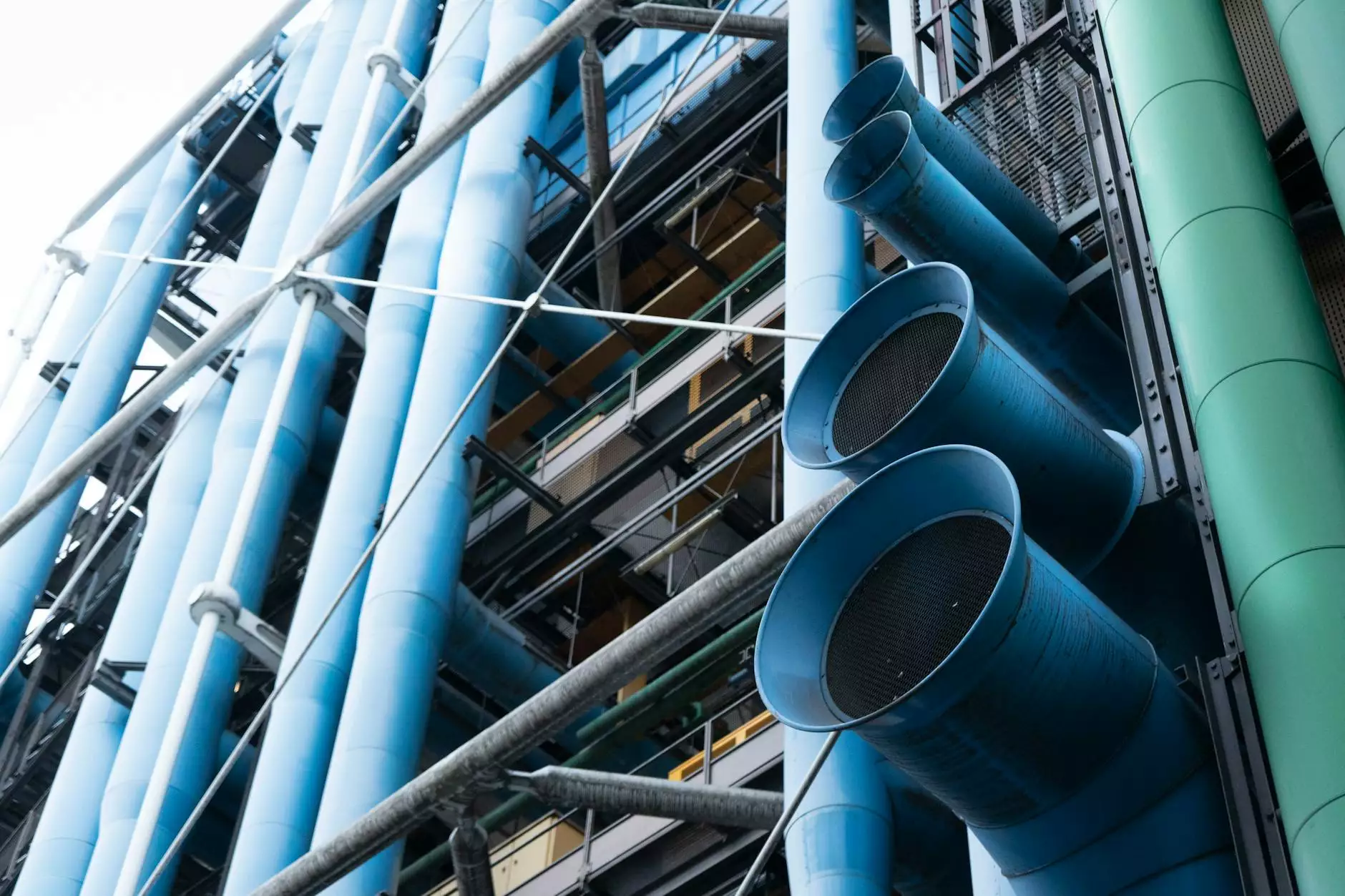Understanding Hydraulic Ball Valves: An In-Depth Exploration

The hydraulic ball valve is a crucial component in fluid control systems, known for its efficiency and reliability. Designed for precise flow regulation, these valves are widely used across various industries, from manufacturing to oil and gas. In this article, we will explore the various aspects of hydraulic ball valves, including their construction, functionality, applications, and what to consider when purchasing.
The Basics of Hydraulic Ball Valves
A hydraulic ball valve utilizes a spherical disc (the ball) to control the flow of fluid through the valve. By rotating the ball, the valve can either allow or block the flow through the pipeline. This simple yet effective mechanism offers quick shut-off capabilities, making hydraulic ball valves a popular choice for many applications.
Key Components of a Hydraulic Ball Valve
- Ball: The critical component that opens and closes the valve.
- Seat: A ring that ensures a tight seal around the ball.
- Body: The main structure of the valve that houses all components.
- Handle or Actuator: A device that enables manual or automated opening and closing of the valve.
Types of Hydraulic Ball Valves
Hydraulic ball valves come in various types, each suited for different applications:
1. Floating Ball Valve
The floating ball valve has a ball that is not fixed in place but rather allowed to float between the seat and the stem. This design provides effective sealing, particularly in low-pressure applications.
2. Trunnion-Mounted Ball Valve
In a trunnion-mounted ball valve, the ball is held in place by bearings, allowing it to handle high pressures and large diameter pipelines effectively. This design reduces the wear on the valve components and extends its service life.
3. Full-Bore Ball Valve
The full-bore ball valve features a ball with a diameter equal to the pipeline's diameter. This design ensures minimal flow restriction and allows for efficient fluid flow.
4. Reduced-Bore Ball Valve
A reduced-bore ball valve has a smaller ball diameter than the pipe, leading to slight restrictions in flow but is often used in situations where space and weight considerations are paramount.
Benefits of Hydraulic Ball Valves
Investing in hydraulic ball valves offers numerous advantages that make them an essential choice for numerous industries:
- Durability: Manufactured from high-quality materials, hydraulic ball valves have a long service life, even in demanding environments.
- Operational Efficiency: The design of the valve allows for low-pressure drop and quick operation.
- Versatility: These valves can be used in various applications, including water, oil, gas, and more.
- Easy Maintenance: Simple designs lead to straightforward maintenance processes, minimizing downtime.
Applications of Hydraulic Ball Valves
Hydraulic ball valves find utility across several industries. Here are some common applications:
1. Oil and Gas Industry
In the oil and gas sector, hydraulic ball valves are employed for flow control in pipelines, processing units, and storage facilities. Their robust construction helps manage high-pressure and high-temperature fluids effectively.
2. Water Treatment Plants
These valves are essential in water treatment facilities for regulating the flow of water, chemicals, and various treatments necessary for purification.
3. Chemical Processing
In chemical processing, hydraulic ball valves are crucial for controlling the flow of corrosive fluids and ensuring safety and compliance with environmental standards.
4. Manufacturing
Manufacturers utilize hydraulic ball valves in various applications, including hydraulic systems, pneumatic presses, and machinery to control the flow of oils and lubricants.
Choosing the Right Hydraulic Ball Valve
When selecting a hydraulic ball valve, several factors need to be taken into account to ensure optimal performance for your specific application:
1. Material Compatibility
Ensure the material of the valve is compatible with the media it will be handling. Common materials include stainless steel, carbon steel, and various plastics.
2. Size and Connection Type
Select the correct size to fit your pipeline and consider the connection type—whether it be threaded, flanged, or welded—to ensure a proper fit.
3. Pressure and Temperature Ratings
Check the pressure and temperature ratings of the hydraulic ball valve to ensure they align with your system’s requirements. Always allow for a safety margin based on the most demanding conditions.
4. Actuation Method
Decide whether you need a manual or automated actuator for operation, depending on your application’s complexity and operational workflow.
Maintenance of Hydraulic Ball Valves
Proper maintenance of hydraulic ball valves is essential for longevity and performance:
- Regular Inspection: Periodically check for leaks, corrosion, or other signs of wear.
- Lubrication: Apply lubricant to the stem and ball surfaces as needed to ensure smooth operation.
- Seal Replacement: Over time, seals may wear out and should be replaced promptly to avoid leaks.
- Operational Testing: Regularly test the valve to ensure proper opening and closing functionality.
The Future of Hydraulic Ball Valves
As technology advances, the hydraulic ball valve industry is evolving. Innovations in materials, design, and automation will lead to enhanced performance and efficiency. The move towards more sustainable and environmentally friendly processes will also impact the design choices of valves, making them more efficient and cost-effective over time.
In conclusion, hydraulic ball valves are essential components across numerous industries, known for their durability, efficiency, and ease of use. By understanding the different types, applications, and selection criteria, businesses can make informed decisions that enhance their operations and ensure reliable flow control.
For businesses looking to acquire high-quality hydraulic ball valves, fitsch.cn offers a wide range of options suitable for various industrial needs. Explore their collection of fittings for sale and discover the perfect hydraulic ball valve for your application.



